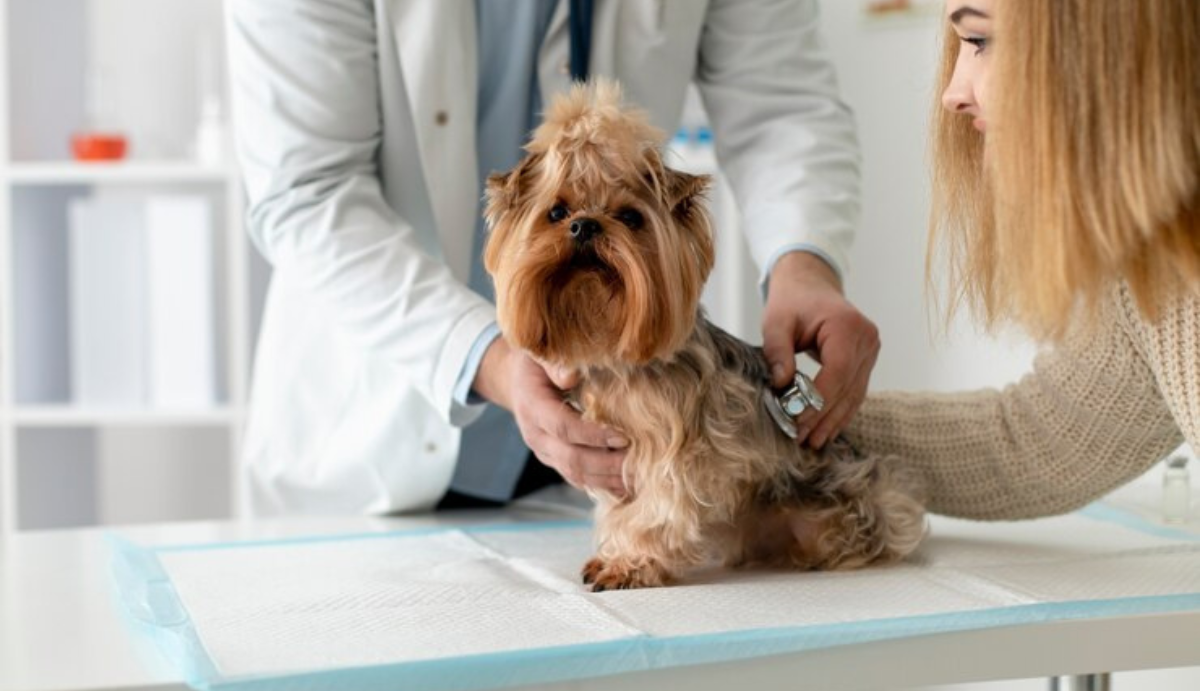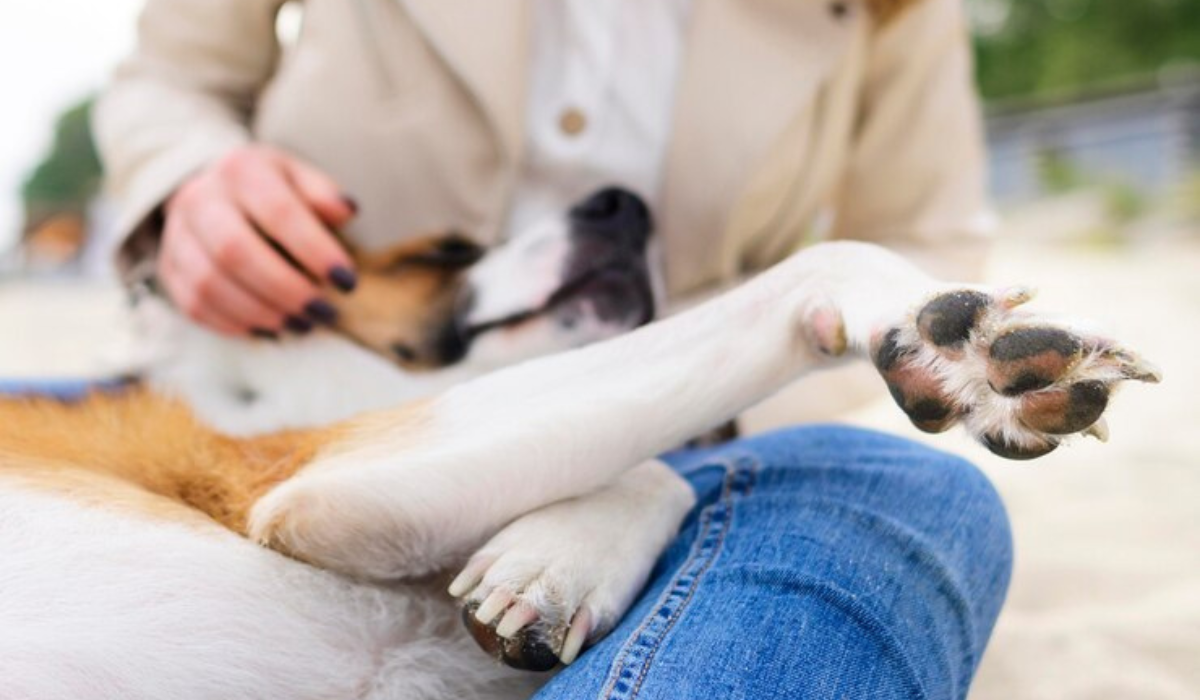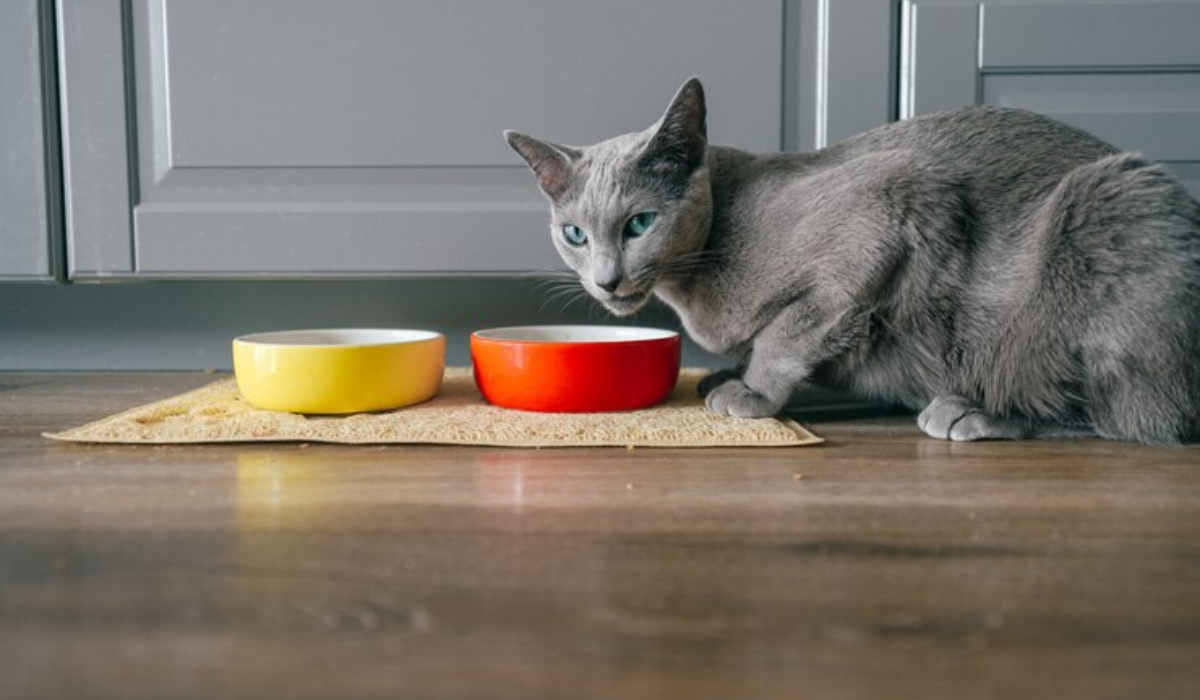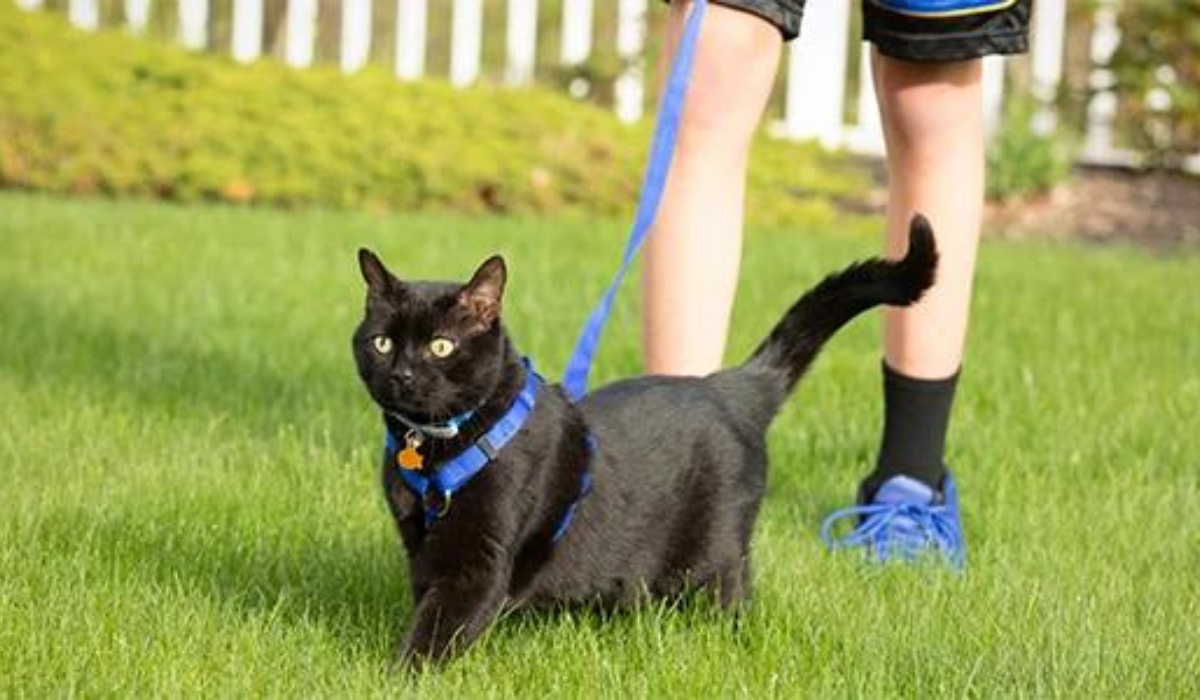Introduction:
Congratulations on your new family member! Prioritizing the health of your kitten or puppy is important as a responsible pet owner. As you welcome your new pet home, it is important to schedule their first veterinary appointment. This checklist will guide you from the preparation stage to the checkup.
Prepare for your puppy or kitten’s first vet visit:
When should you take your kitten or puppy to the vet?
Experts suggest scheduling the first veterinary appointment around eight weeks of age. If your pet was previously seen by a breeder, schedule a visit with your veterinarian within one week of taking them home. It is important to schedule an appointment as soon as possible for pets that have been rescued.
When should you take your pet to the vet?
During the first appointment, your vet will go over vaccination schedules and preventive medication, as well as spaying/neutering. The next checkup should be at least once per year or more often for pets with certain health conditions. Consult your vet immediately if you notice any symptoms that are concerning.
Practice Runs
To ensure a positive experience, you can:
- Get your pet used being handled.
- Familiarize them with the carrier.
- Practicing short car rides.
- Introduce your pet to the veterinarian staff as soon as possible.
How to take your cat to the vet without a carrier?
Consider training them to walk on a leash or securing them in a pet belt when traveling by car.
What to bring to your first vet visit:
- Health Record and Vaccination information:
- If you have any information from the breeder, shelter or other source about their history, please share it.
- Insurance Information
- You can submit your claim directly, or you can self-submit.
- Toys and Treats, Towels, and More:
- Your pet will be calmer if you use familiar scents and distractions.
- Fecal Specimen
- Bring a sample to the test.
- List of questions
- Prepare questions regarding your pet’s behavior and health.
What to expect at your first vet visit:
- Physical Exam:
- Comprehensive examination of the ears, skin, coat and vital signs.
- Vaccinations:
- Age-based vaccination schedules or initial vaccinations.
- Medications:
- Prescription drugs for treating health conditions or as preventative measures.
- Advice:
- Advice on diet, training and other relevant topics.
Conclusion:
A happy, healthy life is built on the foundation of a puppy or kitten receiving prompt veterinary treatment. Regular checkups and vaccinations as well as preventive measures are important for their overall health. Staying informed, asking questions and creating positive experiences with the vet are all important for a long-lasting bond between you and your furry family member.






